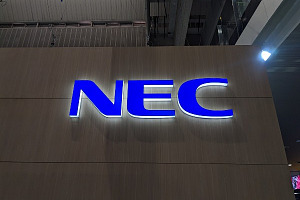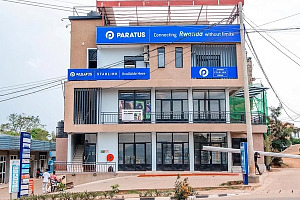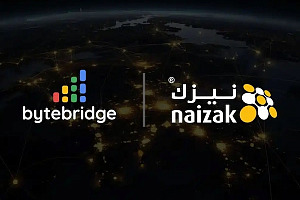The African Telecommunications Union (ATU), which aims to promote the rapid development of info-communications in Africa, has signed a memorandum of understanding (MoU) with Ericsson to help fast track the roll-out of technology across the continent.
The ATU, a specialised agency of the African Union, says that the MoU will support the growth of ICT as a critical infrastructure for the 21st century and help set the foundation for social and economic progress in the continent. In the understanding, the two organisations say they look towards promoting global and regional coordination and harmonisation of spectrum usage to encourage economies of scale and maximise affordability for all users in Africa.
According to Fadi Pharaon, president of Ericsson Middle East and Africa, the collaboration will focus on spectrum management strategies to ensure efficient use of scarce resources and allocation of new spectrum.
The agreement comes at a time when mobile broadband take-up is accelerating across the continent, driven, in part, by a young and growing population and the growing availability of lower-priced smart and feature phones.
The partners argue that the harmonised and globally aligned frameworks they envisage will assist African countries in spectrum management activities that will facilitate cost-efficient roll out of ICT. Certainly this sounds like a laudable aim. However, concrete detail, including how the two organisations will work together, has yet to be offered.
Established on December 7th, 1999, the African Telecommunications Union is the leading continental organisation fostering the development of information and communication technologies infrastructure and services. It has 44 member states and 16 associate members (comprising fixed and mobile operators).























